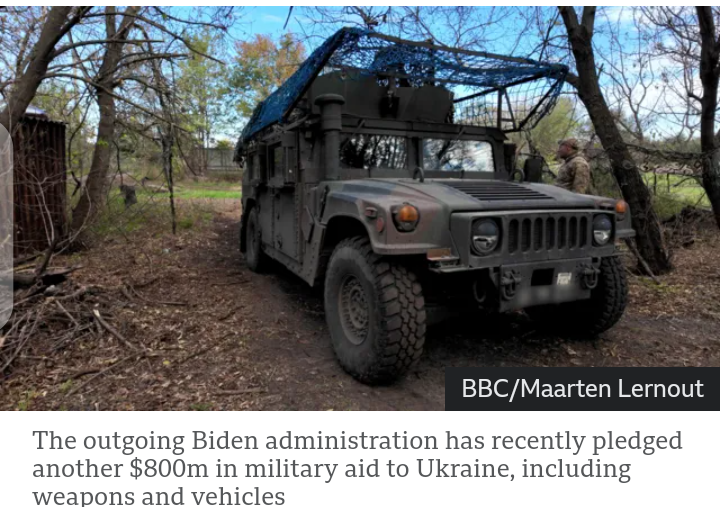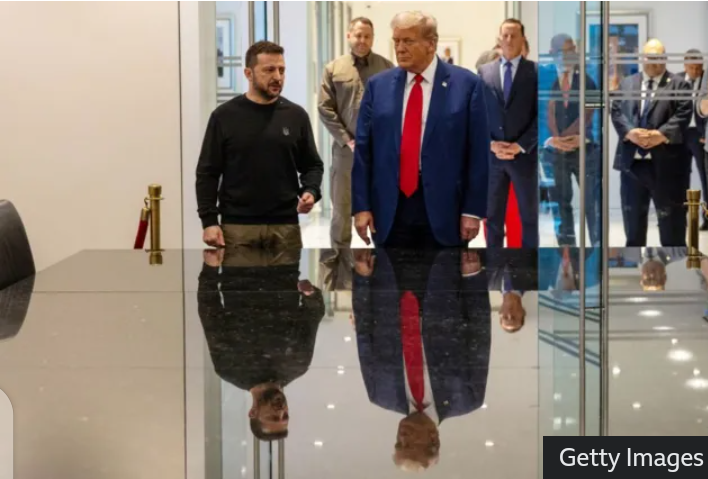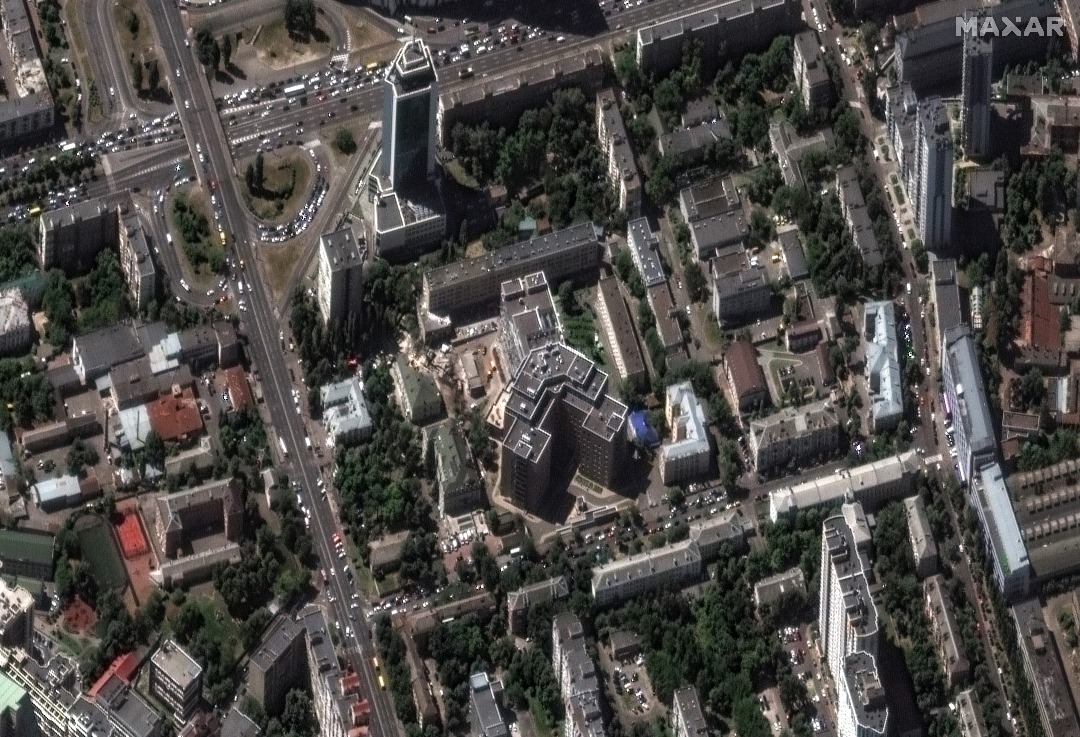US Election Uncertainty Casts Shadow On Ukrainian Frontline Soldiers.
Ukrainian soldiers and civilians are anxiously following the unfolding US presidential election, aware that the results may significantly shape their nation’s future. The Zaporizhzhia region, under constant threat from Russian missiles and artillery, has become a stark reminder of how heavily Ukraine relies on American support to defend its borders.
Inna, a shopkeeper in Zaporizhzhia, is all too familiar with the devastation of the ongoing conflict. Her shop windows were shattered by a recent Russian bomb, and the road outside bears the scars of war, with a ten-metre-wide crater left by shelling. Sweeping away broken glass, she voices the hope many Ukrainians hold: “We hope that the woman, Kamala Harris, will win and support us.”
The stakes for Ukraine are high. US aid, amounting to over $50 billion, has been pivotal in keeping Russian forces at bay since Ukraine’s counteroffensive began in 2023. Vice-President Kamala Harris has suggested continued support for Ukraine, but a Republican Congress could constrain her ability to deliver. Former President Donald Trump, in contrast, has hinted at potential compromises, possibly requiring Ukraine to concede some territories to Russia—a prospect that divides opinions across Ukraine.

The uncertainty surrounding American support weighs heavily on soldiers like Andriy, who oversees a fleet of US-made armoured vehicles on the frontline. “If aid stops or slows, the burden will fall on the shoulders of the infantry,” he says. “We’ll fight with what we have, but everyone knows Ukraine can’t do it on its own.”
In Kyiv, President Volodymyr Zelensky is attempting to frame Ukraine as a worthwhile investment for the West. Using the war as a testing ground, Ukrainian forces provide feedback to American manufacturers, fostering advancements in military technology. Drone pilot Serhiy explains with a grin, “We have an online chat with them, and we make suggestions. Improvements are already happening.”
Yet, despite these efforts, some Ukrainians feel the mounting toll of the ongoing conflict. In Pokrovsk, where Russian forces continue to advance, people express a desire for an end to hostilities. For some, a Trump presidency offers the hope of peace, even if it means compromising on territory. “Death is not worth territory,” one resident remarks. “We have to stop this war, and Trump is the person who knows how to do that.”

Others, like Lyubov, who fled Russian occupation with her family, remain resolute. “I see the end of the war only when we reach the 1991 borders of our country,” she says, reflecting a widespread belief that Ukraine should reclaim all occupied territories, including Crimea.
With the US election just days away, the question of whether Ukraine’s support will endure remains uncertain. For Ukrainians, the outcome could determine whether their country’s borders stay intact or risk being redrawn under Russian influence. As Lyubov cautiously puts it, “I would like a true friend of Ukraine to win, who will continue to support us. But who it is going to be, I cannot tell you.”



